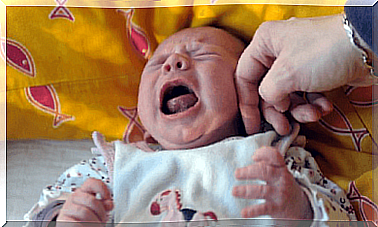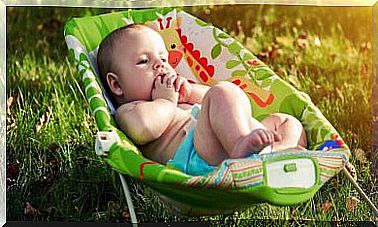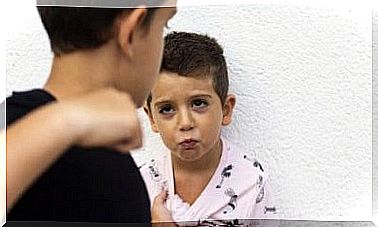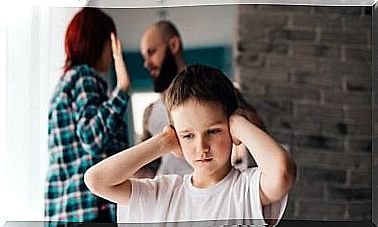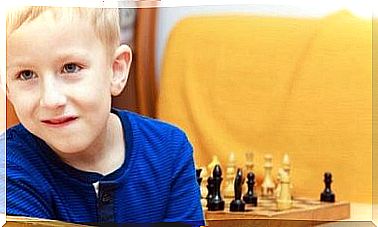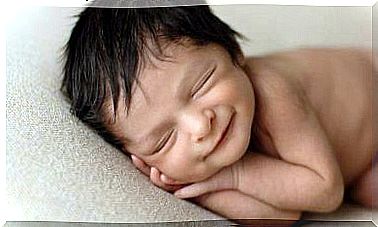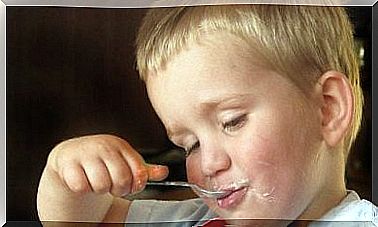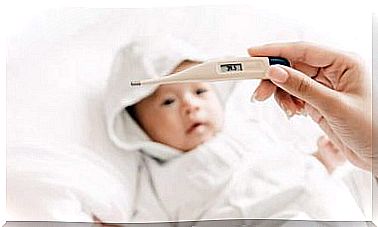Children With Epilepsy: Causes, Symptoms And Treatment
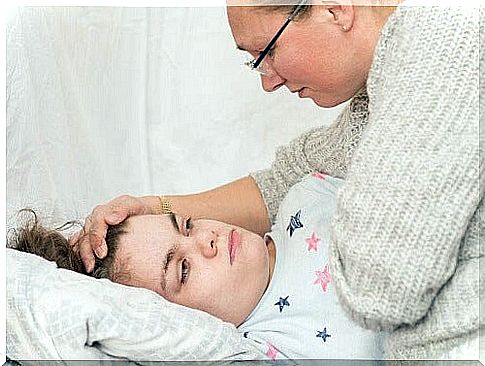
Most children with epilepsy are able to live a normal life. Although most of them need medication, there are also cases of people who do not need it.
It may even happen that the epilepsy disappears before the child grows up. However, this depends on several different factors.
Knowing the possible causes, symptoms and treatments related to this disease will help you keep it under control in your child’s life.
By doing this you will be able to avoid any difficult moments and unnecessary worries. Most importantly, you will be able to see a remarkable improvement in your child’s quality of life.
Children with epilepsy: what are the causes?
The cause of epileptic seizures is a lack of control over electrical discharges, caused by an imbalance in neurotransmitters. This happens when there is an abundance of these chemicals that are responsible for sending signals between the neurons.
Another reason may be a decrease in the amount of these neurotransmitters. However, in most cases of children with epilepsy, it is an idiopathic condition, meaning it occurs due to unknown causes.
In a small number of cases, there are cryptogenic or symptomatic epileptic crises due to a specific cause. These can occur due to diseases such as meningitis, brain tumors, problems during or after birth, trauma, abnormalities or strokes.
In some cases, there are other cases of epilepsy in the family. In addition, there may be abnormalities in the genes or chromosomes.
Symptoms of epilepsy in children
A child is said to suffer from epilepsy when it has had more than one seizure. Many infants have different symptoms before an attack. These can be headaches, behavioral changes or digestive problems. It is possible that these signs may go unnoticed, or even that there are no signs at all.
We must point out here that an attack is not the same as a seizure, and the latter only lasts a few seconds or a few minutes. Certain types of epileptic seizures are “tonic” and cause total body stiffness.
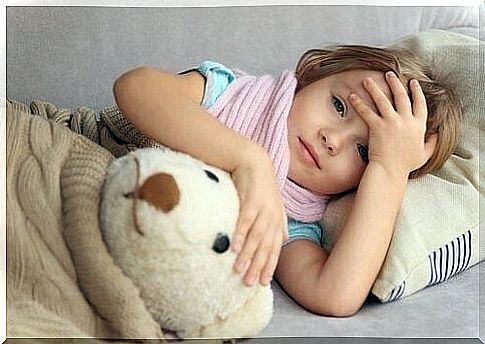
There are also hypotonic attacks or lipothymia, which cause fainting or inactivity for a few seconds. On the other hand, there are also absenteeism attacks where the child has a lost expression on their face for a few seconds.
Seizures cause muscle shock throughout the body. These are unpleasant and repetitive, with a total lack of awareness.
Other seizures are partial and occur without loss of consciousness; they affect only part of the body. After a crisis, the child may have a period of lethargy and may not respond to stimuli for about an hour.
What should I know if my child has epilepsy?
The first thing you need to know is that your child must have had at least one seizure or attack in order for the specialist to perform a physical evaluation. This includes an examination of the child’s body and some questions about the duration of the attack.
He will also inquire into what kind of movements occurred during the attack and whether there was a loss of consciousness or whether a specific part of the body was affected.
The evaluation always ends with one. This test measures the electrical activity in the brain which will determine the type of seizure or attack that the child has had and the possible causes.
Blood tests are also important because they can help diagnose possible illnesses that may be causing the epilepsy. If the neurologist thinks there is a reason for it, he can also suggest a computerized axial tomography examination to check if there is an acute neurological injury or other disease.
Ultimately, an MRI scan of the brain can reveal new seizures and where in the brain they occur.
Medical treatment for children with epilepsy
In general, children with epilepsy need medical treatment. However, you must keep in mind that this is a complex disease that affects each child differently.
Therefore, not all children with epilepsy respond in the same way to the same medication, so there is not a single treatment for all cases.
Fortunately, there are a variety of antiepileptic medications that can help reduce the frequency of attacks or seizures.
It is important to follow the doctor’s instructions exactly in order for the treatment to be effective. There has to be a certain amount of the medicine in the body for the treatment to work.
For children who do not respond to the medication, there are other options. There are medical machines that can treat the seizures, and dietary therapies such as the ketogenic diet. This diet is free of carbohydrates and tries to reduce the child’s glycemic index.
In case of severe epilepsy, it is also possible
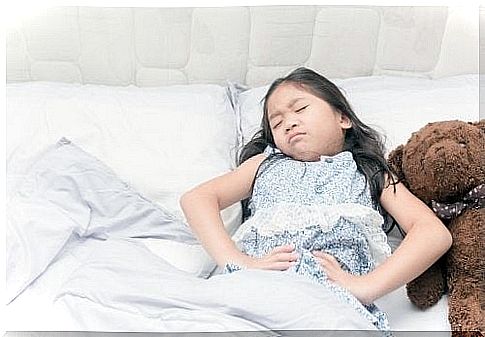
Can epilepsy be cured?
Epilepsy can often be cured or controlled with medication. However, this depends on several factors, such as the type of epilepsy, the reaction to
Symptomatic epilepsies are difficult to cure, and even difficult to control, because they are caused by a type of brain abnormality. In addition, the seizures in these cases can damage the nervous system more and more over time.

